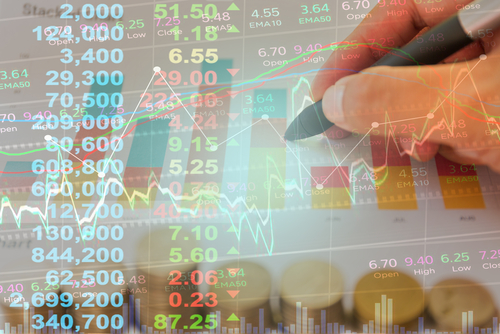Experienced Investor
Top fund manager warns on stock market bubble

One of the UK’s most respected stock market investors has warned of a stock market bubble, saying that when it bursts it could be “even bigger and more dangerous” than some of the worst market crashes in history.
Speaking to the Financial Times, Neil Woodford, founder of Woodford Investment Management, said investors need to be wary of “extreme and unsustainable valuations” and made comparisons with the dotcom bubble in 2000.
In the interview he said there were “so many lights flashing red that I am losing count”. After the quantitative easing experiment, he added, investors have forgotten about risk, which is reflected in inflated asset prices and inflated valuations. Of particular concern was the strength of bitcoin and European higher risk ‘junk’ bonds yielding less than US government bonds (Treasuries). He also pointed to historic low levels of volatility and triple-leveraged exchange traded funds (ETFs) attracting significant inflows.
Woodford has some history on this. He famously shunned technology stocks as over-valued in the boom years of 1997-1999. This led to some significant underperformance, but he was proved right in 2000, as technology companies crashed.
For Woodford’s funds today, this means avoiding fashionable stocks and focusing on unloved areas such as domestic UK companies. This includes retailers, housebuilders and banks, which, he said, are discounting Armageddon for the UK economy.
There have been concerns about Woodford’s performance, however. His flagship income fund is currently ranking as the worst-performing fund in its peer group over six months and one year. Performance has been dented by holdings such as Provident Financial, which has seen a number of profit warnings.
He told the Financial Times: “In a challenging global economic environment, the few stocks that are perceived to be capable of delivering dependable growth have, as in the early 1970s, become very popular but that popularity has manifested itself in extreme and unsustainable valuations. The market appears to be making the same mistakes again, but this time the bubble has grown even bigger and even more dangerous.”